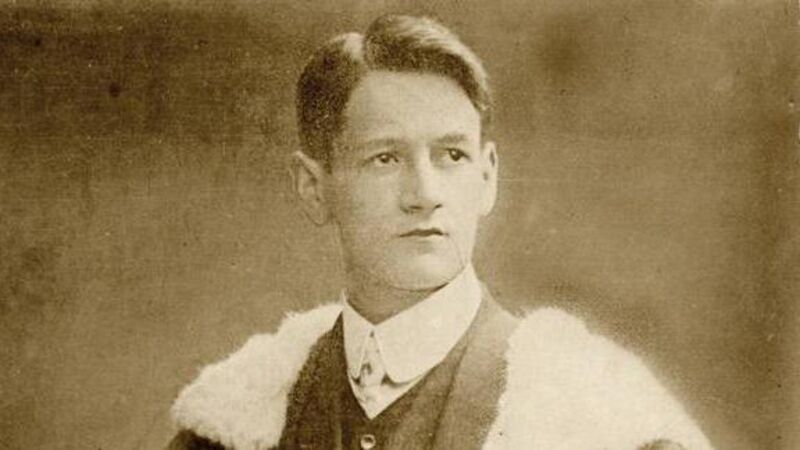Terence MacSwiney posthumously awarded medal for service during War of Independence

Lord Mayor of Cork Terence MacSwiney: writer, soldier, politician and hunger striker
Former Lord Mayor of Cork Terence MacSwiney, who died after 74 days of hunger strike in 1920, has been awarded the Service Medal for active service during the War of Independence.
The award was made on the back of newly-discovered information held on Mr MacSwiney in the Military Service Pensions Collection, the Department of Foreign Affairs said.










